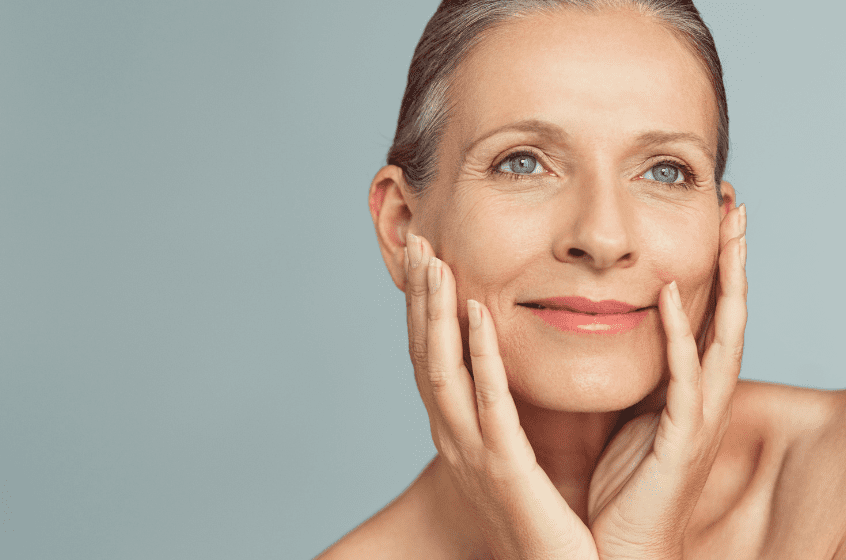
Skin Issues? It Could Be Something You’re Eating.
Who doesn’t want clear, smooth, radiant skin? It’s one of the first things people notice about you, and there’s good reason for that: Skin is an outer manifestation of our health. This means that any imbalances or issues in the body can show up on our skin as redness, acne, rashes and puffiness. Fortunately, diet and lifestyle changes can make a big impact on skin health. Let’s talk about some of the diet-related causes of skin issues.
- Food sensitivities – these can cause skin changes hours to a few days after consumption. The usual suspects include gluten, dairy, soy and eggs, but truly, any food reaction is possible.
- Blood sugar imbalance – Foods such as sugar, refined carbs (breads, pastas, crackers, baked goods made from wheat flour, rice flour or potato starch), alcohol and dairy products raise insulin levels. This is problematic for skin since insulin increases sebum production in pores and too much sebum leads to — you guessed it — clogged pores and acne.
- Ecosystem imbalance – The skin has its own ecosystem, meaning health can be affected by the balance of good and harmful bacteria. When the good guys aren’t able to keep the bad guys in check, this can lead to acne.
- Inflammatory foods – Processed foods, fried foods and those that spike insulin (see #2) contribute to inflammation in the body, which exacerbates skin problems. Eating an anti-inflammatory diet can do wonders for skin health.
What to do if you suspect your diet is contributing to your skin issues?
After you’ve addressed food sensitivities and limited your intake of carbs, sugar, alcohol and dairy, focus on eating an anti-inflammatory diet. This means eating whole foods in place of processed foods. Choosing brightly colored low-sugar fruits and vegetables will provide an array of vitamins, minerals and antioxidants that will fight inflammation and support the skin’s elasticity. Some examples are berries, apples, kiwis, pears, dark leafy greens, squash, bell peppers, tomatoes and carrots.
Next, foods with omega-3 fats such as salmon, anchovies, walnuts, chia, and flaxseed will help calm any inflammation. Other great fat sources include coconut, avocados, olives and olive oil. Healthy fats are also important for keeping skin cell walls flexible.
Other helpful foods to increase are fermented foods and water. To boost your beneficial bacteria to fight the bad guys, add in fermented foods such as kimchi, sauerkraut and kombucha. Increasing water and foods that have a high water content (watermelon, cucumber, celery, etc.) will hydrate your skin and help your body clear any toxins. Drinking half of your body weight in ounces of water is a good place to start.
Contributors to Skin Issues
Your stress level can also affect your skin. High stress increases inflammation which can contribute to acne and redness. Stress can also lead to sleep disturbances, and not getting enough sleep can impact hormones by default, skin. And, of course, stress can lead to stress-eating and making unhealthy food choices. Exercise, deep breathing, meditation and self-care are all great ways to ease stress.
The holistic nutritionists at Healthy Nest Nutrition believe that diet matters! If you have questions about how to implement these skin-boosting diet changes or more particular questions about your body and nutrition, we would love to talk with you. To schedule a complimentary 20-minute phone consultation with a Healthy Nest holistic nutritionist, click here.
